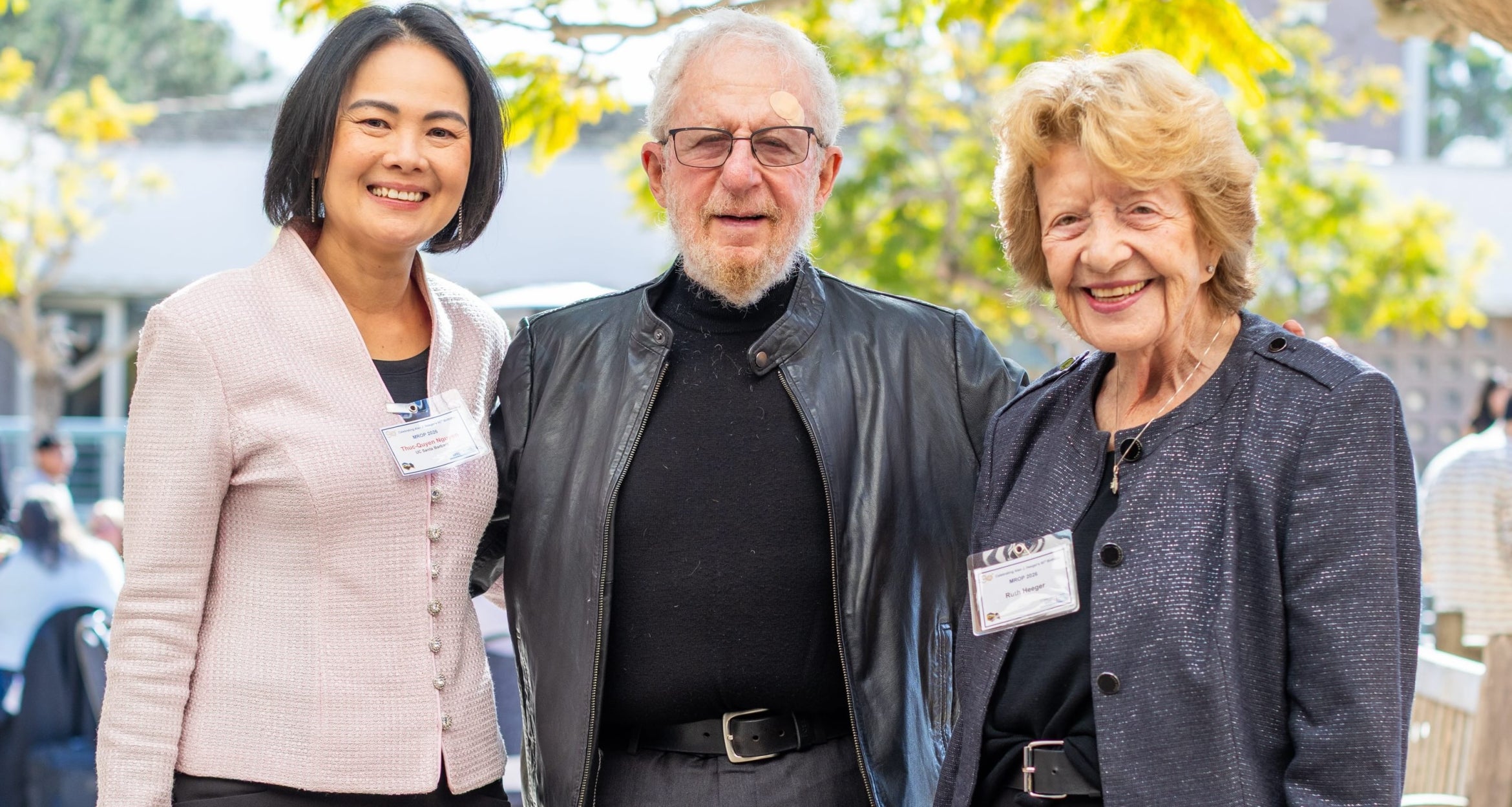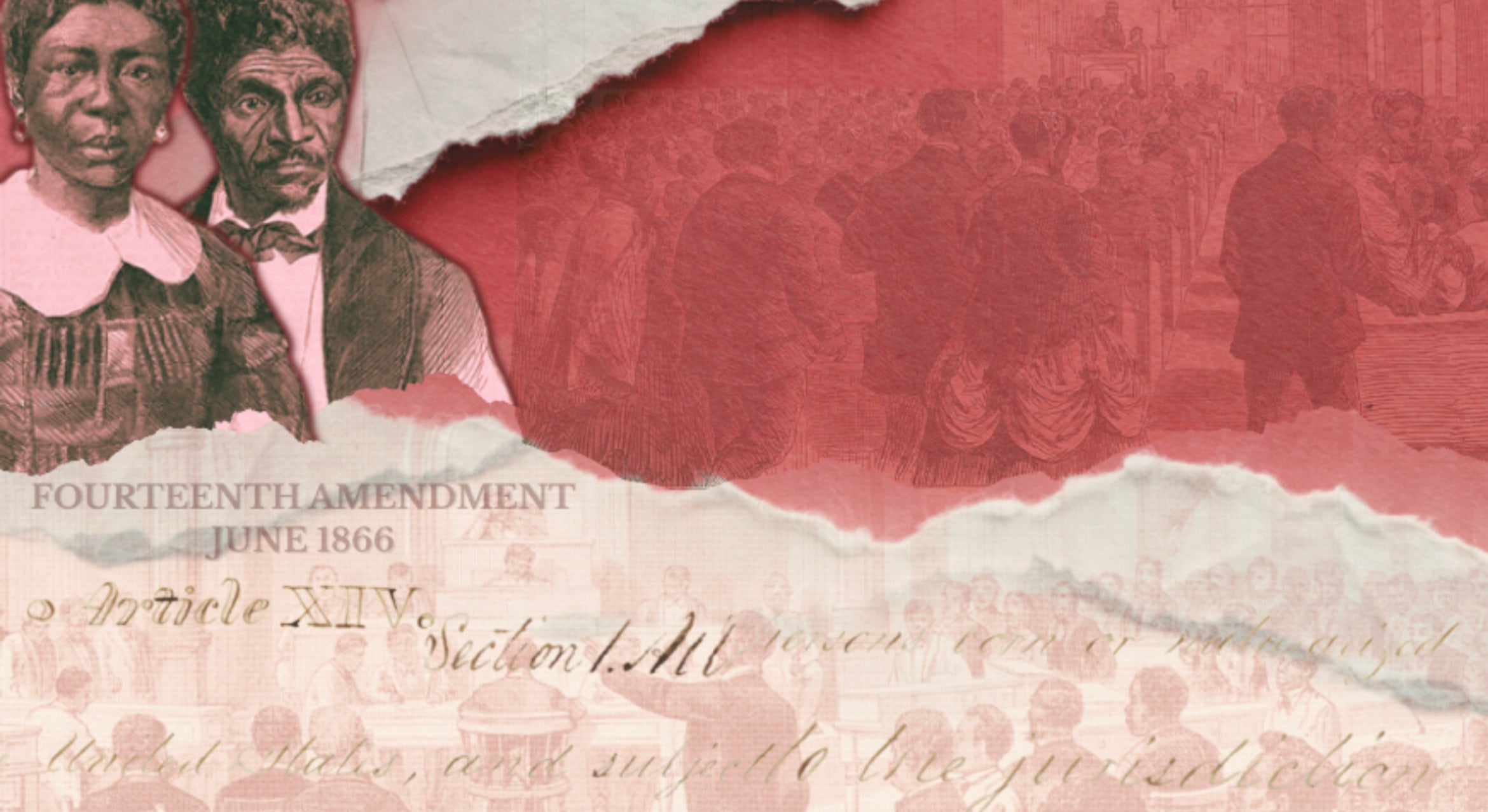Honors Galore



Three scholars from UC Santa Barbara’s Department of Communication have been named Fellows of the International Communication Association (ICA) for 2020. Professors Walid Afifi, Andrew Flanagin and Michael Stohl join a distinguished group of scholars that includes a large contingent from UCSB.
Charlie Hale, dean of social sciences at UC Santa Barbara, said the honors reflect the scholars’ achievements and contributions to their field.
“I extend my fulsome congratulations to professors Walid Afifi, Andrew Flanagin and Michael Stohl on being named fellows of the ICA,” Hale said. “As distinguished scholars in the field of communication, they are most deserving of this honor. I also proudly note that they join 10 other UC Santa Barbara professors as ICA fellows, a crowning achievement for the Department of Communication and the Division of Social Sciences.”
Afifi, who studies interpersonal health communication, returned to UCSB in 2016 after spending three years at the University of Iowa. He is also the director of the campus’s Center for Middle East Studies.
Flanagin, who researches communication and information technologies, initially came to UCSB as an assistant professor 1996. He received the UCSB Distinguished Teaching Award in 2014.
Stohl, who specializes in organizational and political communication, arrived at UCSB in 2002. He is also director of the Orfalea Center for Global and International Studies.
“Becoming a Fellow of ICA is a huge accomplishment that reflects a lifetime of sustained research productivity and service to the discipline,” said Norah Dunbar, professor and chair of the communication department. “The fact that the department has so many is truly a testament to the recognition that our department is a leader in the discipline for producing important and impactful research.”
The three honorees join fellow UCSB scholars Tamara Afifi, Howard Giles, Dana Mastro, Robin Nabi, Linda L. Putnam, Ronald E. Rice, David R. Seibold, Cynthia Stohl, Joseph B. Walther and Rene Weber as ICA fellows.
The ICA was formed in 1950 to advance the scholarly study of human communication by encouraging and facilitating excellence in academic research worldwide. Fellows are recognized for their scholarly contributions to the broad field of communication. The primary consideration for nomination to fellow status is a documented record of scholarly achievement.



